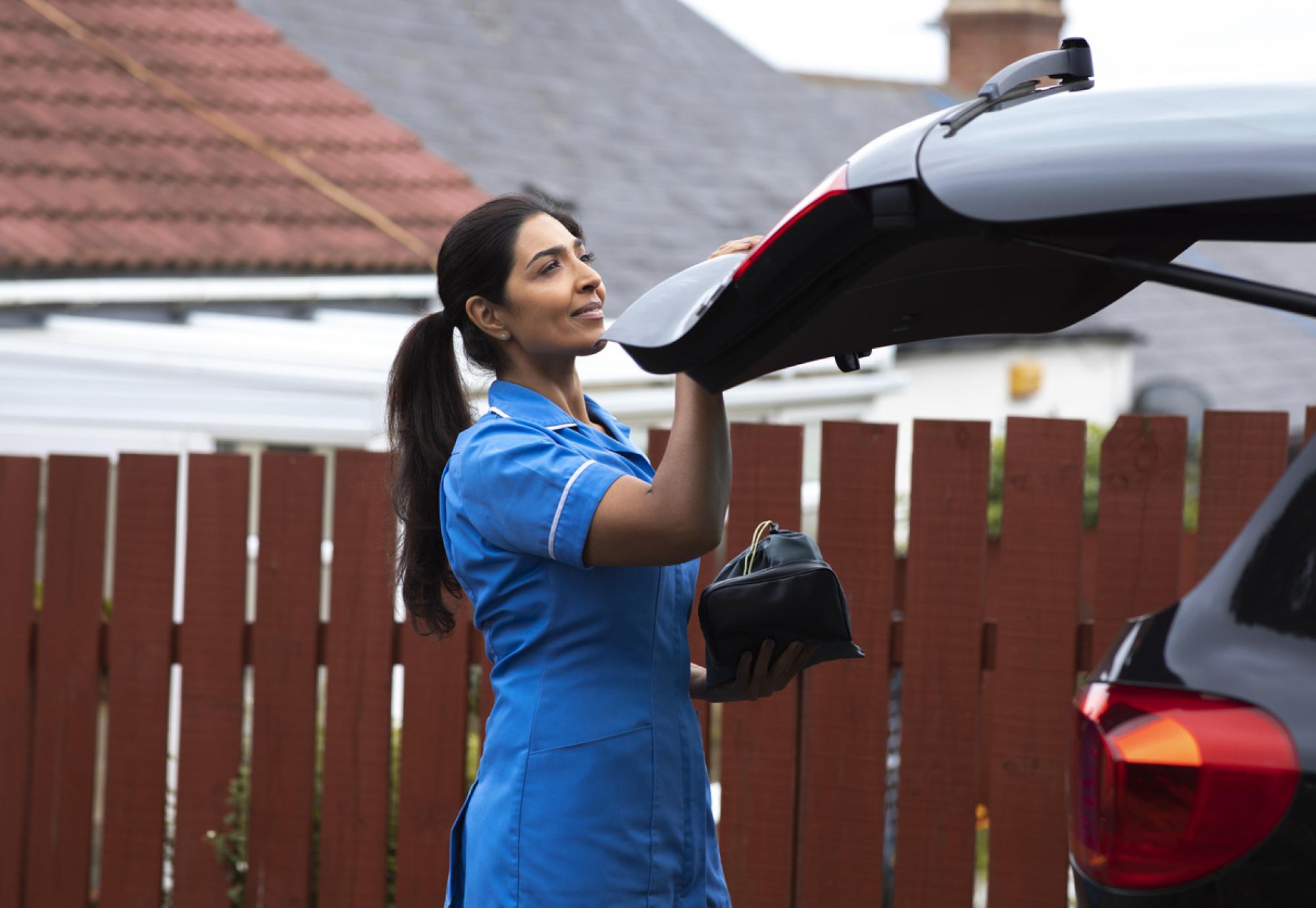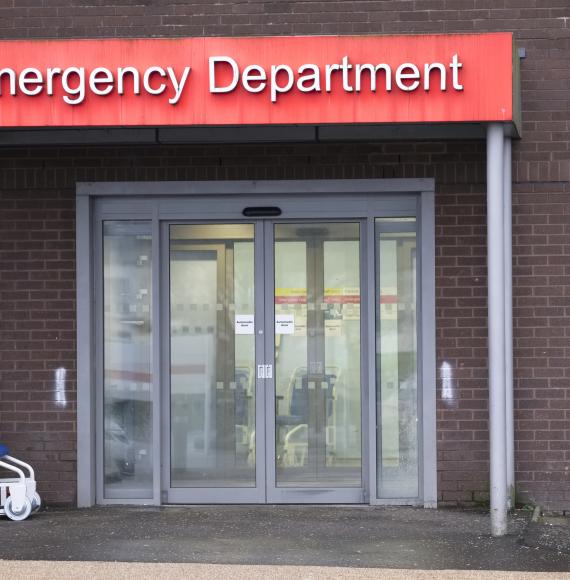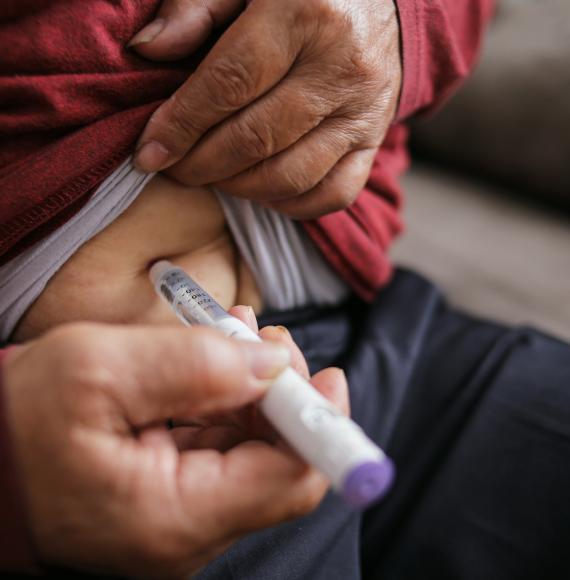The Welsh Government (WG) have provided local authorities with a further £10 million in funding to help support domiciliary care.
The new funding will be subsidised through the second supplementary budget and will be used to pay for driving lessons for home care workers and put towards purchasing electric fleet vehicles to improve staff access and increase service capacity.
One of the main barriers highlighted in recruiting for the home care sector is access to a vehicle and the ability to drive. This can not only limit the hours care workers are able to work for, but also restrict areas where they can travel to provide care.
The WG have begun to take steps to improve retention and recruitment of domiciliary workers by introducing the Real Living Wage, launching national recruitment campaigns, and now improving workers access to vehicles.
Julie Morgan, The Deputy Minister for Social Services said: “I am very pleased we are providing an additional £10 million to local authorities to increase capacity in domiciliary care. Domiciliary care workers being unable to drive is cited as one of the main barriers to recruitment and can limit what services can be offered by providers. This funding will support the sector to meet these challenges and help people return home from hospital by increasing the provision of services.
“In addition, there are significant delays for driving test dates due to the pandemic. The Driver and Vehicle Standards Agency has agreed to prioritise test dates for Welsh domiciliary care workers who are waiting to sit their driving tests.
“I encourage anyone working in domiciliary care who is learning to drive to speak to their employer about how this funding could benefit them and their career”.
After a recent soar in petrol prices the Royal College of Nursing (RCN) revealed that some nursing staff are spending £100 more a month on fuel when caring in the community.
Currently the NHS milage rate sits at 56 pence per mile for the first 3,500 miles and an additional 20 pence per mile for anything travelled over that.
In parliament last week Chancellor of the Exchequer, Rishi Sunak announced the Spring Budget, which also revealed a 5 pence reduction on fuel costs across the UK for the next 12-months, something which the RCN say is “nowhere near enough to help cash-strapped community nursing staff”.
The RCN have written to NHS England’s chief nurses asking for their support on mileage rates with Patricia Marquis, Director of RCN England, saying: “Nursing staff caring for patients in their own homes and in the community predominantly drive to and from visits in personal vehicles, with some driving hundreds of miles per week.
“As the cost of living rises, these dedicated staff members should not be left in financial difficulties as a result of doing their jobs.
“We hope that the executive teams of England’s NHS trusts will support us as we take action to ensure every member of staff receives the mileage rates they require. We also urge other organisations employing nursing staff to review mileage rates, and hope that further action is taken by the government to tackle the impact of fuel price rises on nursing staff in all sectors.”
Join us on the 7th April for our NHE365: Workforce event where we will be joined by expert panelists to discuss topics such as recruitment, workforce management, retention and the mental wellbeing of staff



















